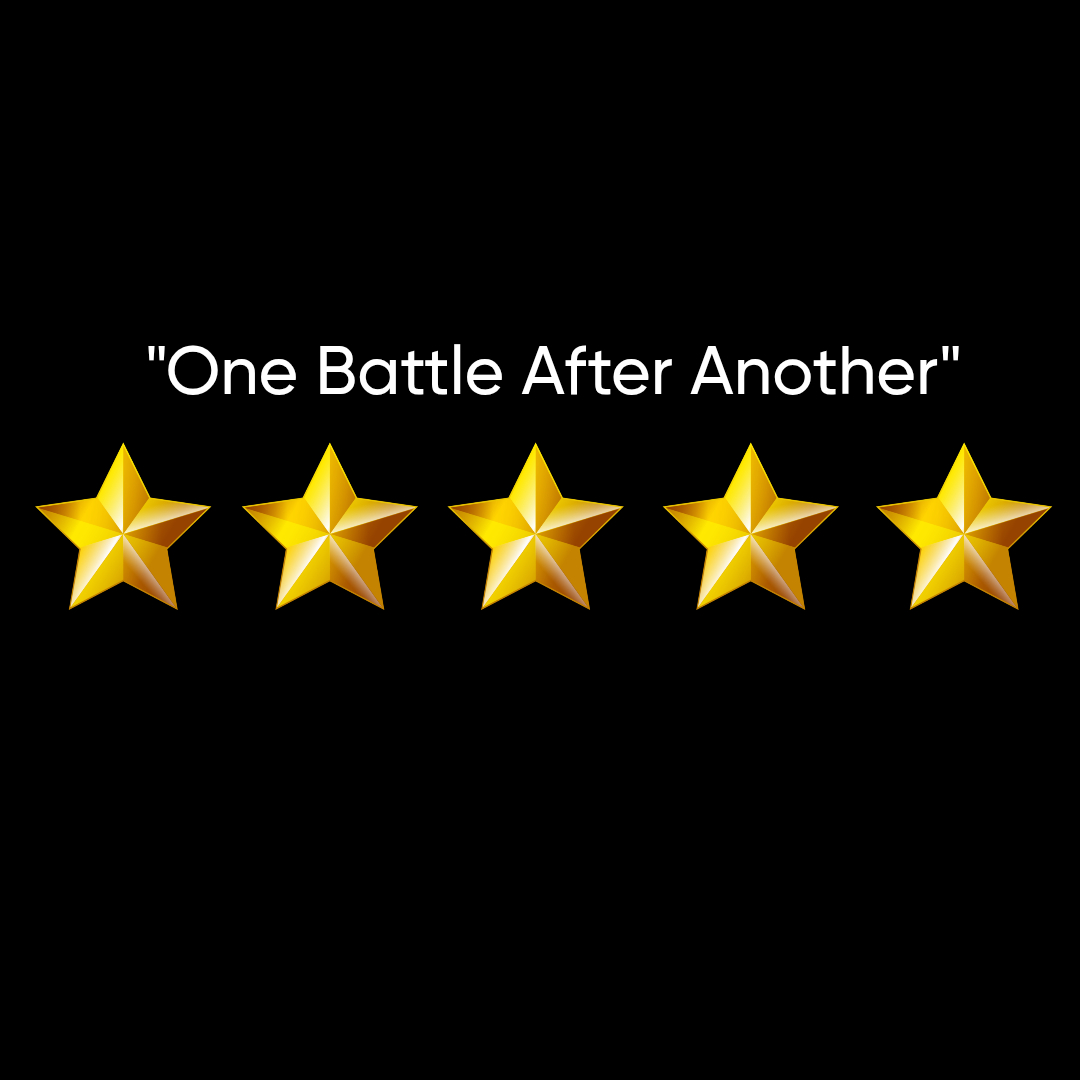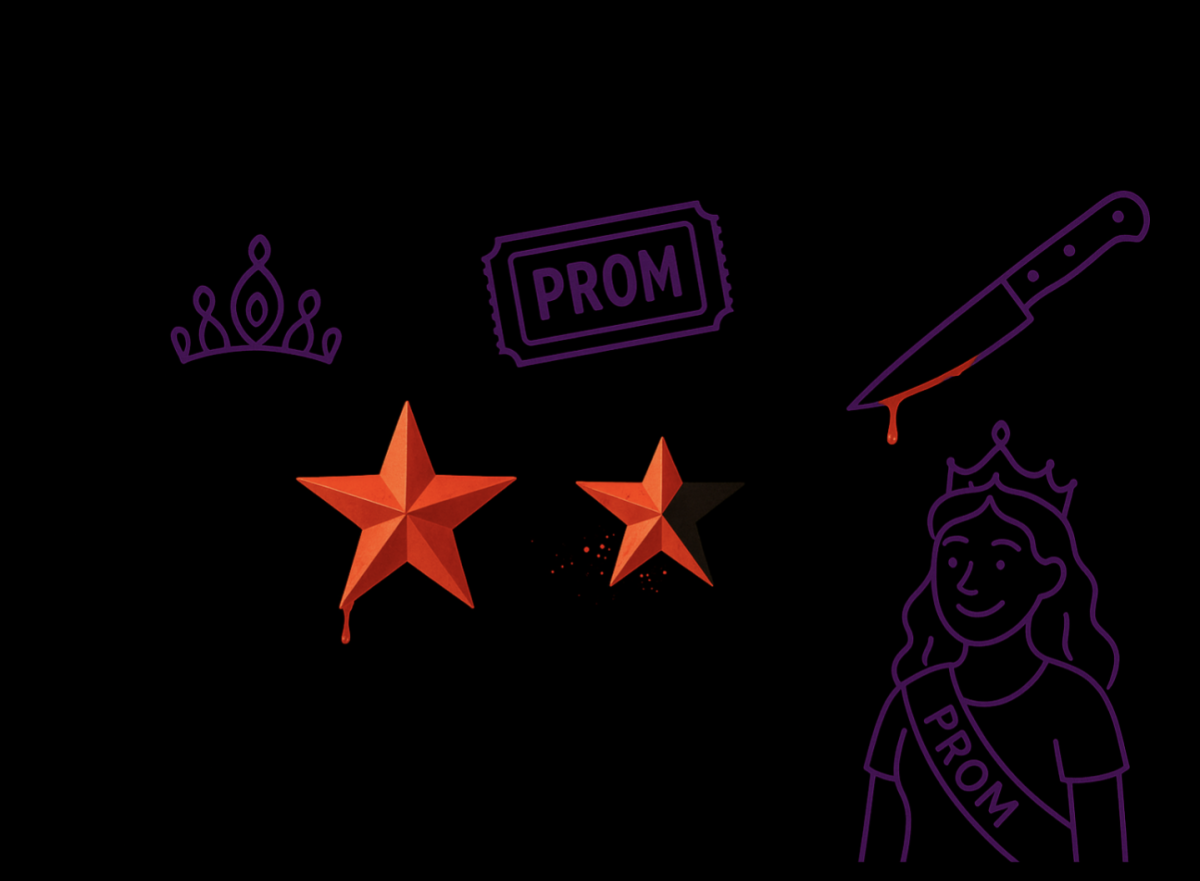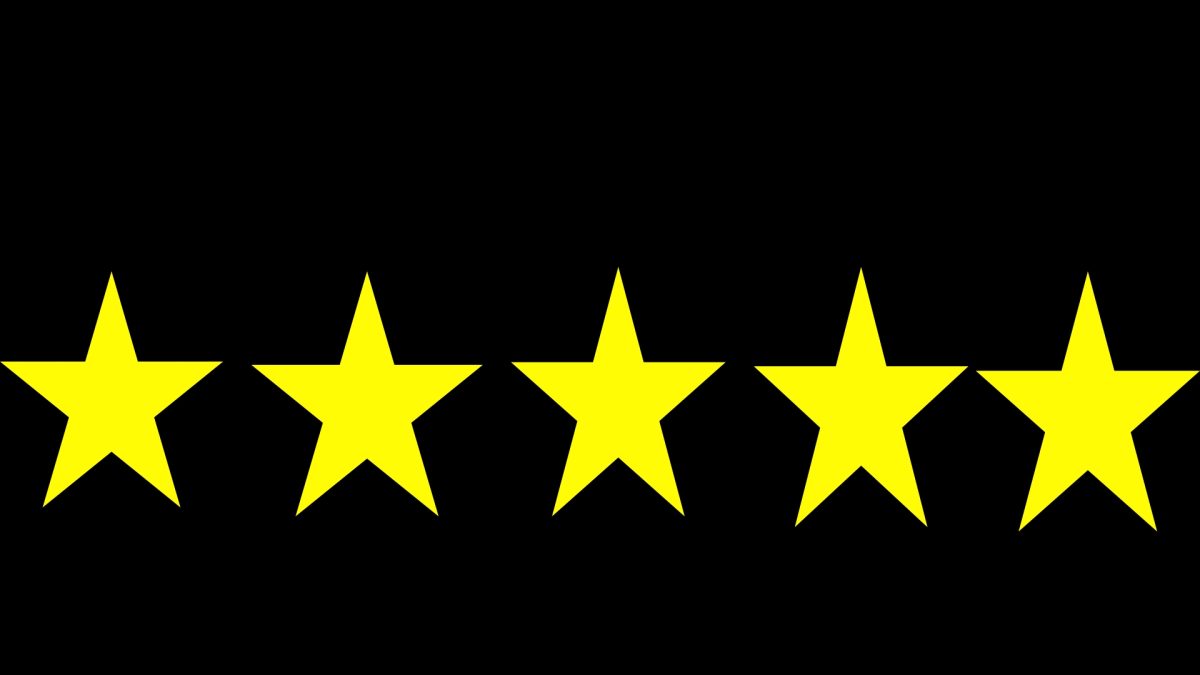Censorship, in the educational setting, is the equivalent of a brick wall to a student’s ability to learn effectively. Not only does it shelter students from real-world situations, but it also hinders their overall understanding of a concept.
School administrators should not have the power to decide what teachers do or do not teach or what they include in a lesson. After all, the administrators are not standing in front of a class of 25 or more students giving a lecture for several class periods in a row, five days a week.
Standard to every health class a student takes throughout their entire schooling career is the week-long lesson on what is known as “Creating Positive Relationships” (CPR).
Rather than simply referring to this portion of the course as what it actually is (sex education), teachers are forced to mask the lesson behind an inappropriate acronym that clearly already stands for something extremely different from learning to maintain a healthy relationship with a sexual partner.
Adding to the scrutiny of sex education, some schools, including FHS, teach based on an abstinence-only lesson plan. Unfortunately for hopeful school administrators and parents of teenagers, this method of education does not prevent teens from engaging in sexual activity.
According to the Washington Post, a national study concluded that the most effective lesson plans consist of comprehensive sex education in which abstinence is taught along with giving students an understanding of contraception, critical thinking and evaluation of personal, familial and religious values.
Teenagers are going to have sex if and when they so desire. Choosing to teach only abstinence is not going to change their choices, which makes CPR an unrealistic method of education. I am not saying that the classic condom on a banana lesson should be resurrected, but teachers should not be directed to passively aggressively say “don’t have sex, because you will get pregnant and die,” to quote Coach Carr of “Mean Girls.”
Administrators also should not have the authority to ban or censor certain books from the literature of the classroom for any reason, especially if the decision is made due to complaints from parents. Though many schools across the nation ban novels for content, FHS is much more tolerant.
The moral and literary lessons that students discover by analyzing pages of a novel are much more rewarding than any possible positive outcomes that may result from not allowing students to gain a deeper understanding of great American novels.
According to the American Library Association (ALA) website, 46 of “Radcliffe Publishing Course’s Top 100 Novels of the 20 Century,” have been either challenged or banned from classrooms and school libraries across the country.
Many of those classic novels are part of the curriculum here at FHS, including top novel, “The Great Gatsby,” by F. Scott Fitzgerald. The novel takes first place on the ALA’s list of banned books as well. However, the classic is also ranked as as the second best English-language novel of the 20th century by the publishing company Modern Library.
Bannedbooks.world.edu explains that Gatsby is controversial to high school parents due to use of “bad language and sexual references.”
However, the language that is used in the book is no worse than the language that a plethora of students use as a part of their everyday vocabulary and there are no sex scenes throughout the entirety of the book. Any parent who complains to a school administration that “The Great Gatsby” is an inappropriate choice of literature for their high school student obviously has not read the book themselves. According to bannedbooks. world.edu, the novel is history put into a literary drama, making it relevant for high school students to understand.
No matter the reason, school administrations should not have authority to censor what students learn throughout their educational career. From censoring safe-sex education to banning books, the lessons that students are not learning due to the brick wall of censorship are far more important than pleasing parents and attempting to shield students from “inappropriate” subject matter. They will be exposed to it eventually anyway, so what is so wrong about teaching them in a safe environment?








